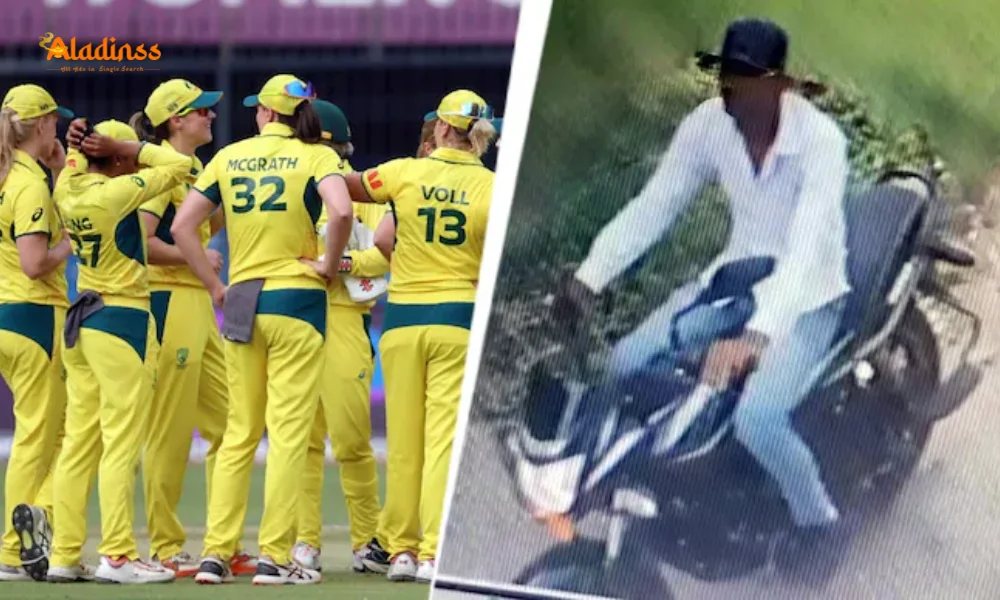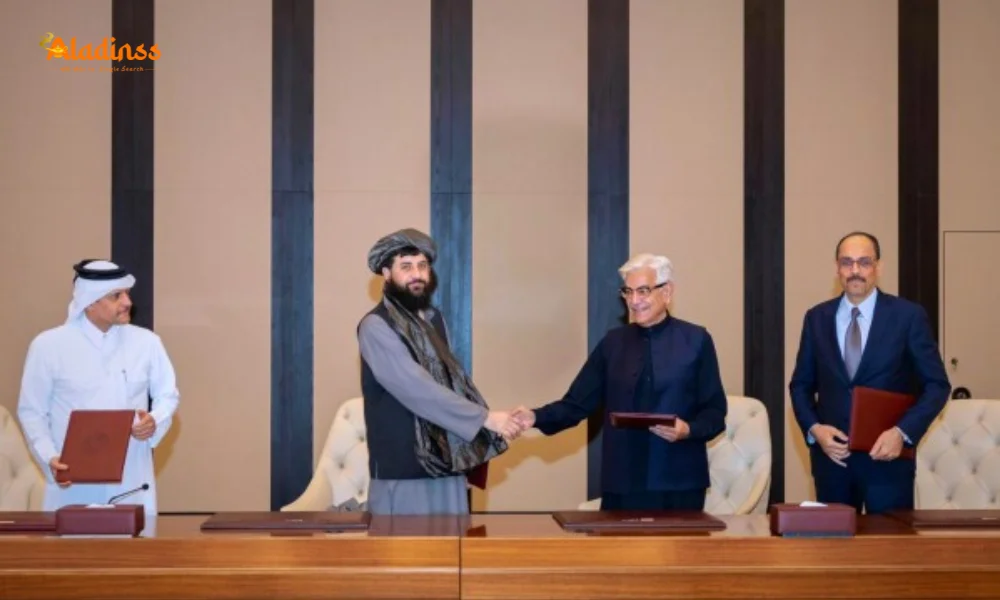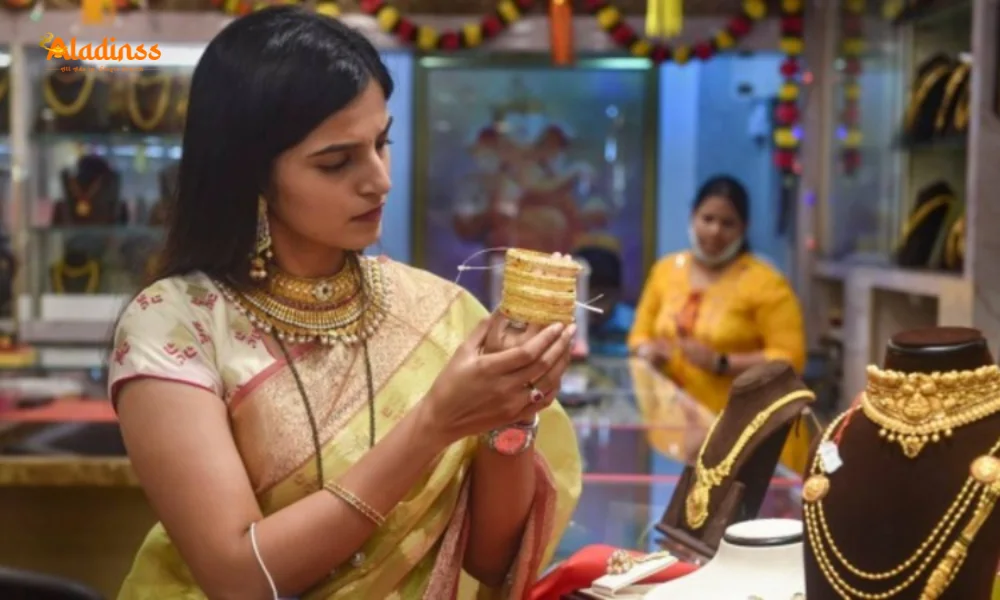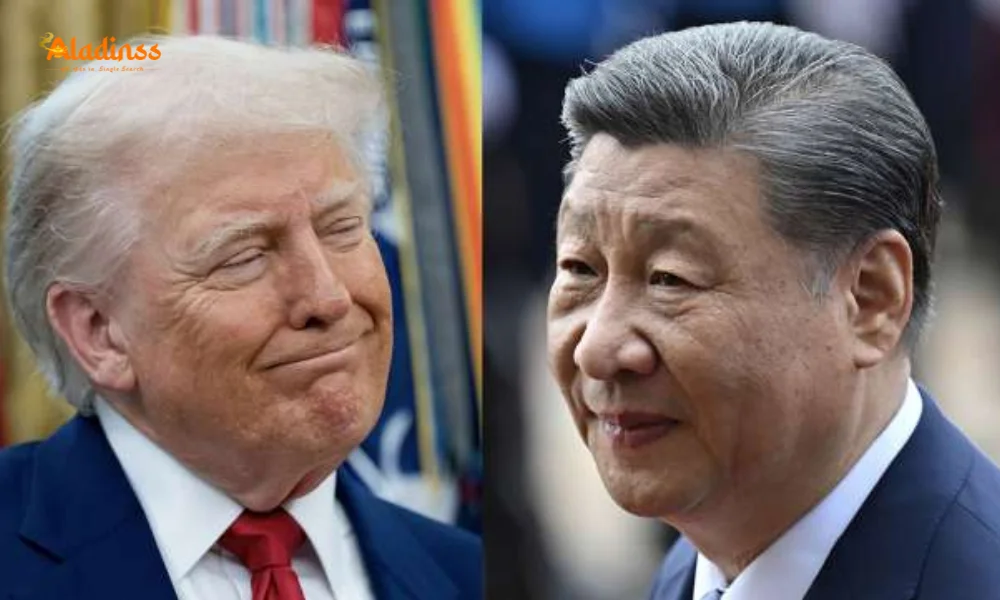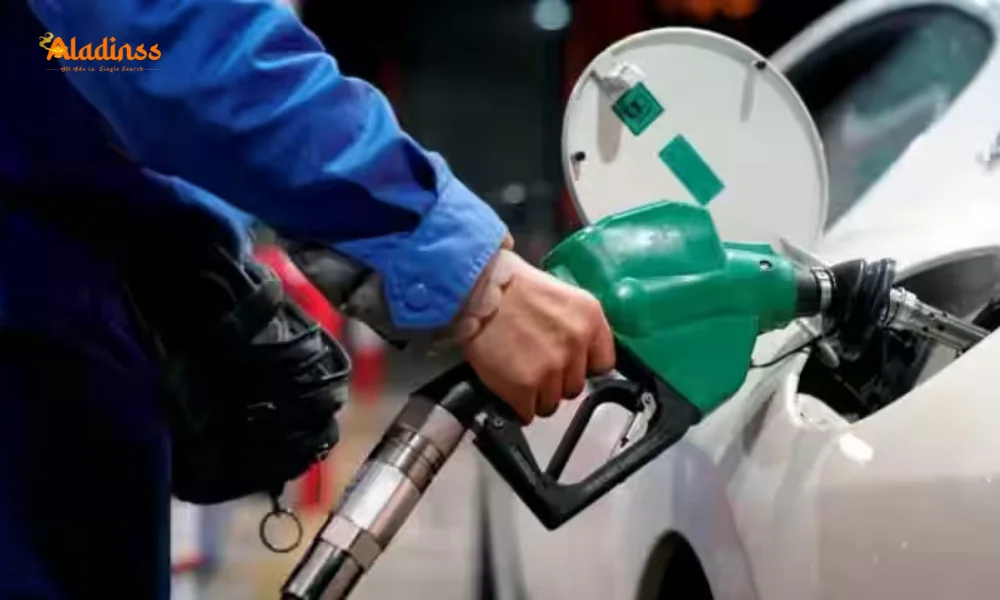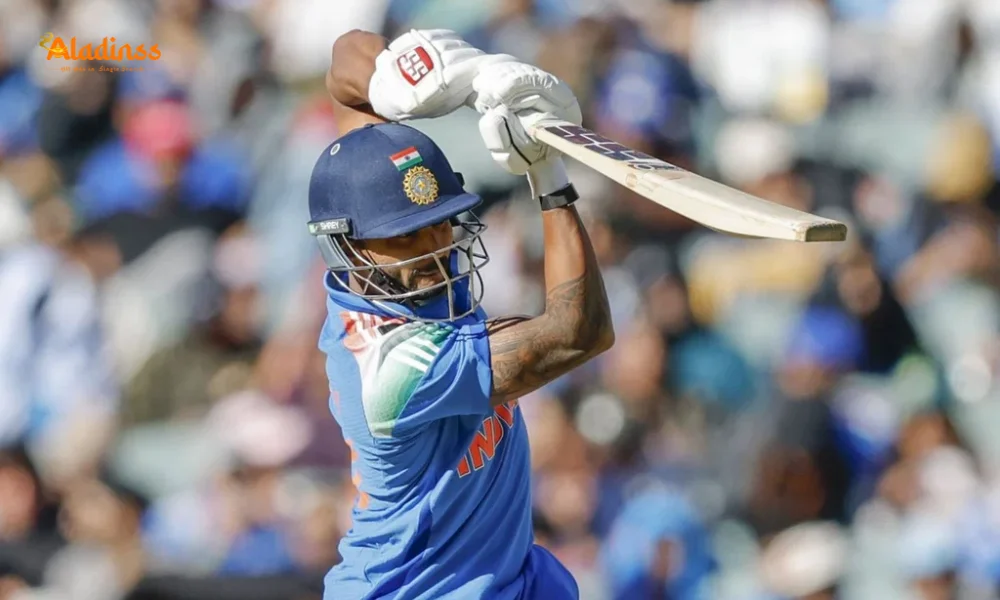US Visa Rules Tightened: No Quick Appointments Abroad for Indians
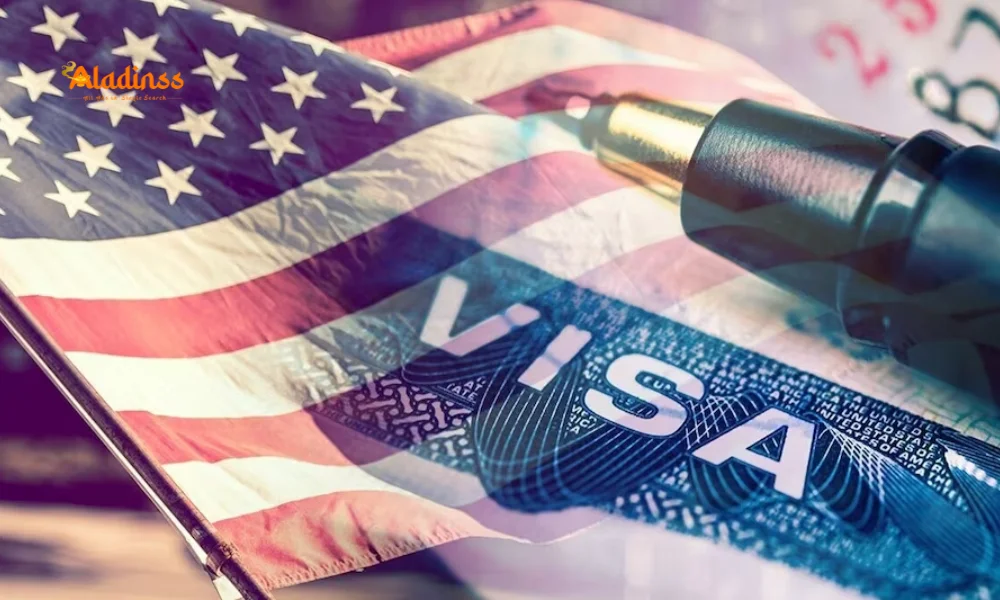
US Tightens Visa Rules: No More Quick Appointments Abroad for Indian Travellers
In a significant policy shift effective September 6, 2025, the US Department of State has mandated that applicants for non-immigrant visas (NIVs) must schedule their interview appointments in their country of citizenship or legal residency, except in rare cases where the US does not conduct routine NIV operations. This change eliminates the flexibility Indian travellers previously enjoyed during the Covid-19 pandemic, when they could secure faster B1 (business) or B2 (tourist) visa appointments in third countries like Dubai or Bangkok to bypass lengthy wait times in India. The new restrictions, introduced under the Trump administration, are part of broader efforts to tighten visa regulations, impacting tourists, business travellers, students, and temporary workers. This article delves into the details of the policy, its implications for Indian travellers, and strategies to navigate the new visa landscape.
End of Third-Country Visa Appointments
During the Covid-19 pandemic, US consulates in India faced unprecedented backlogs, with wait times for visa appointments stretching up to three years. To circumvent these delays, many Indian applicants scheduled interviews in nearby countries such as Dubai, Bangkok, or Singapore, where processing times were shorter. This practice, known as third-country processing, was a critical workaround for those needing urgent travel for business, tourism, or education. However, the US Department of State’s latest directive, effective immediately, has withdrawn this relief, requiring all non-immigrant visa applicants to apply in their home country or place of legal residency.
According to Gnanamookan Senthurjoti, founder of The Visa Code, an immigration platform, this change affects a wide range of applicants, including those seeking student (F-1), visitor (B1/B2), and work visa renewals who previously relied on third-country appointments. “Many applicants who had filed for visas in destinations across Europe, Asia, and the Middle East will now be required to reapply under the new framework,” Senthurjoti noted. The policy shift aims to streamline visa processing by ensuring consular officers familiar with local contexts handle applications, but it significantly complicates travel planning for Indians.
Impact on Indian Travellers
Non-immigrant visas cover a broad spectrum of categories, including tourism (B2), business (B1), student (F-1), temporary workers (H-1B, L-1), and individuals engaged to marry US citizens (K-1). The United States remains a top destination for Indian travellers, with over 1.2 million Indians visiting in 2024 alone, a 35% increase from the previous year, according to the US Embassy in India. The new visa rules could disrupt countless travel plans, particularly for those requiring urgent trips for business meetings, family events, or vacations.
For tourists, the inability to secure quick appointments abroad means adjusting itineraries or exploring alternative destinations with less stringent visa requirements, such as Southeast Asian or European countries. Business travellers face heightened challenges, as last-minute trips to the US for meetings or conferences will be harder to arrange due to longer processing times in India. Wait times for B1/B2 visa interviews in India, while reduced from their pandemic peak of over 999 days, still average over 400 days in cities like Delhi (441 days), Mumbai (438 days), and Chennai (479 days), according to the US Embassy’s scheduling service.
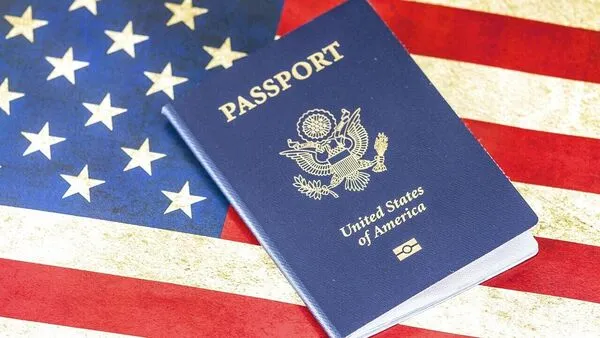
Broader Visa Policy Changes Under Trump Administration
The restriction on third-country appointments is part of a series of visa reforms introduced under the Trump administration, which has prioritized stringent immigration controls. Starting September 2, 2025, the US State Department also mandated in-person interviews for nearly all non-immigrant visa applicants, ending age-based exemptions for children under 14 and adults over 79, as well as “drop box” renewals for many visa categories. Additionally, a $250 Visa Integrity Fee, effective October 1, 2025, will apply to most NIV applications, increasing costs for categories like F-1, H-1B, and B1/B2 visas to approximately $425–$473.
These changes reflect the administration’s focus on enhancing national security and reducing visa fraud, as outlined in Executive Order 14161, signed on January 20, 2025, titled “Protecting the United States From Foreign Terrorists and Other National Security and Public Safety Threats.” The order mandates stricter vetting procedures and a review of visa policies to identify security vulnerabilities. While India is not on any proposed travel ban list, the tightened rules disproportionately affect Indian applicants due to the high demand for US visas, with over 6 million Indians currently holding NIVs.
Challenges for Students and Professionals
Indian students, who represent one in ten US visa applicants globally, face significant hurdles under the new rules. The US consulates in India processed 1.4 lakh student visas in 2024, but the elimination of third-country processing and interview waivers could delay university start dates or Optional Practical Training (OPT) periods. Students applying for F-1 or M-1 visas must now plan months in advance, as appointment slots are limited, particularly during peak seasons like summer. Universities reliant on international student enrollment have expressed concerns about the impact on academic schedules.
Professionals seeking H-1B or L-1 work visas also face increased scrutiny. While H-1B workers in the US can extend their visas domestically, those requiring visa stamping for international travel must return to India, where backlogs could delay their return. Immigration attorney Kripa Upadhyay warned, “Foreign nationals, especially those needing H-1B or F-1 visa renewals, really need to think twice about leaving the US right now,” citing longer processing times and stricter consular reviews.
Navigating the New Visa Landscape
To adapt to the new rules, Indian travellers must adopt strategic planning. The US Embassy advises applicants to check consulate websites regularly for updated requirements and appointment availability, as slots can open unexpectedly. Scheduling interviews 4–6 months in advance is recommended, especially for time-sensitive travel like academic sessions or business conferences. Applicants should ensure their DS-160 confirmation barcode matches the one used to book their appointment, as mismatches can lead to rescheduling.
The US Embassy in India has introduced measures to mitigate delays, including opening 250,000 additional visa appointment slots in 2024 and planning 1 million more in 2025. A new rescheduling policy effective January 1, 2025, allows one free reschedule, but missing an appointment or rescheduling a second time requires a new $185 visa fee. Applicants are urged to choose appointment dates carefully and arrive prepared with complete documentation to avoid denials under Section 214(b), which presumes immigrant intent unless proven otherwise.
Implications for US-India Relations
The tightened visa rules come amid strained US-India relations, exacerbated by trade disputes and differing views on global issues. The Trump administration’s 50% tariffs on Indian exports, imposed in August 2025, have impacted $48.2 billion in trade, prompting India to offer subsidies to affected industries. The visa restrictions add another layer of complexity, potentially discouraging Indian tourists, students, and professionals from pursuing opportunities in the US. Critics argue that the policy reflects a broader anti-immigration stance, with little effort to address consular backlogs.
Despite these challenges, the US Embassy emphasizes its commitment to facilitating travel, with Ambassador Eric Garcetti noting in 2024, “Prime Minister Narendra Modi and President Joe Biden set an ambitious goal to improve and expedite the visa process, and I’m proud to say that we have delivered on that promise.” However, with wait times still exceeding a year in some cases, Indian applicants must navigate a more restrictive and costly visa process, underscoring the need for early preparation and adaptability in 2025.
Comment / Reply From
No comments yet. Be the first to comment!
